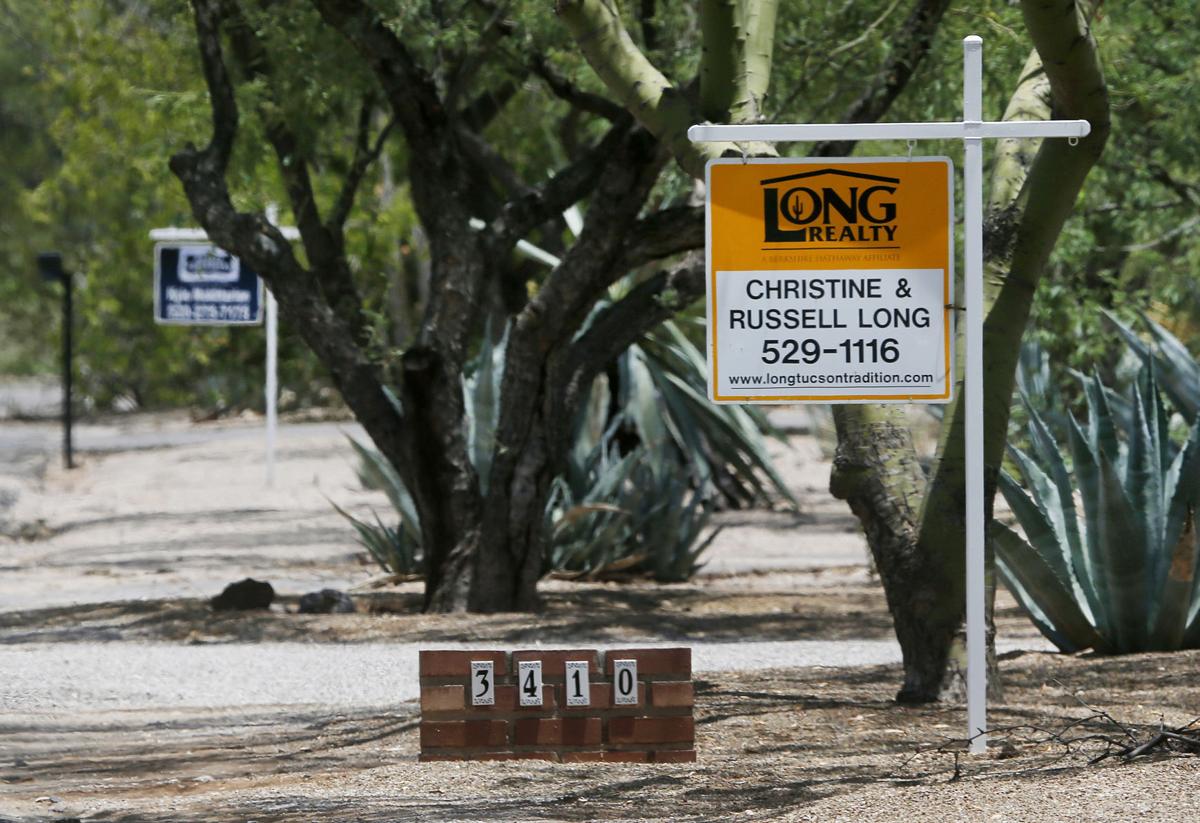If HGTV has you dreaming of your own fixer upper, there's a program you need to know about.
It's a federal program that basically lets you roll the cost of certain renovations or energy-efficient upgrades into your total home loan.
It works like this: Say you're house hunting and find your dream home, but it needs a new roof and your lender won't give you the OK until somebody fixes it. If the seller refuses and you can't pony up that cash, you may be eligible to add the cost of the repairs to your home loan — meaning you're only paying a little bit more per month on your mortgage, rather than thousands of dollars up front.
The program also allows you to roll the cost of desired renovations into the loan. Maybe you've already been approved for a loan, but the kitchen is just plain ugly or you'd really like to add some solar panels or replace the swamp cooler with an air conditioner. You can do that with this program, approved by the U.S. Department of Housing and Urban Development.
It also applies if you're looking to refinance.
"It's a simplification," said Derrick Polder, the regional vice president of Summit Funding and the driving force behind creating awareness for Renovate Your Residence. "It's one payment fixed over 30 years. The average (interest) rate today is in the mid-4 range ... so if you bought a house that needed a bathroom and some kitchen upgrades, say for $10,000, you're looking at about $50 more per month. And now you have a new bathroom."
At a press conference promoting the program last week, Tucson real estate agent Scott Melde said that of the roughly 2,500 homes active on the market in Tucson at the time, more than half were built in 1990 or before.
That means we have a lot of homes in Tucson that could use some TLC.
Tucson Mayor Jonathan Rothschild hopes this program will make older homes more attractive to buyers, who won't have to pay up front for the cost of renovating their homes.
"What I'm hearing a lot now when you talk about the new kind of construction is that young professionals are telling me, 'I can't afford this new housing that's going in. It's out of my price range,'" Rothschild said at the press conference. "But then they make too much money to go into the kind of programs the city and county do through federal, subsidized housing or workforce housing. Young professionals can take a look at one of those older homes, where they can get home ownership."
This program, unlike many home-buying assistance programs, has no income cap or neighborhood restrictions, Polder said.
Using this kind of loan requires you to work with a HUD-approved lender. Polder suggested talking with a loan officer to figure out what requirements must be met first to make sure the financing goes through. It'll also be easier to work with a real estate agent and contractor who are familiar with the program, he added. The Tucson Association of Realtors is currently hosting certification classes for these renovation loans.
"This has a very special appeal for millennials and for people looking to buy closer to downtown, because you have to look for existing housing, and those houses generally need some work and this is a great way to help that happen," said Jaimie Galayda, the planning, transportation and sustainability policy adviser for the mayor. "They hook you up with a contractor who has been vetted."
Both the city and county administer a number of programs to make home buying more doable. If you're currently on the hunt, here are three other programs that could help.
If you need some help with the up-front cash
The Pima Tucson Homebuyer's Solution: You can get closing costs and down payment assistance of 2.5 to 5 percent of the loan amount — if you meet certain qualifications and take a HUD-approved workshop on buying a house. Most buyers put the money toward closing costs, said Marcos Ysmael, the housing program manager for the Pima County Housing Center.
If you opt for a government loan, your income can't be more than $83,020. If you go the conventional route, $88,950 is the cap, although Ysmael said those numbers could shift soon.
You can't use this one to refinance. For more information on this program, go to pimatucsonhome.org.
If you're an everyday hero
HUD Good Neighbor Next Door Sales Program: This is the bargain of all bargains — IF you meet a number of very specific criteria. Pre-kindergarten through 12th grade teachers, firefighters and emergency medical technicians can qualify for 50 percent off the list price of the home. You have to live on the property for three years and make an offer on a home listed explicitly for this program. We looked at the Arizona list and it's pretty short. But still, worth watching if you qualify.
For more information, go here.
If you want get some money back from Uncle Sam
Mortgage Credit Certificate Program: This one's for first-time home buyers. You can get up to $2,000 a year in federal tax credits for the duration of your residency and ownership of the home. If you have a family of three or more, you can't make more than $70,840-$86,240, depending on where the house is.
For more information, go here.
If you want to learn about additional options
Visit Pima County's Home Buyer Resources page for additional programs.
Check out Mayor Rothschild's "Help for Home Buyers" initiative, where you'll find a number of additional programs, especially for low-income households.
The Primavera Foundation, Family Housing Resources, Chicanos por la Causa, and the Pio Decimo Center offer HUD-approved home buying education workshops.





